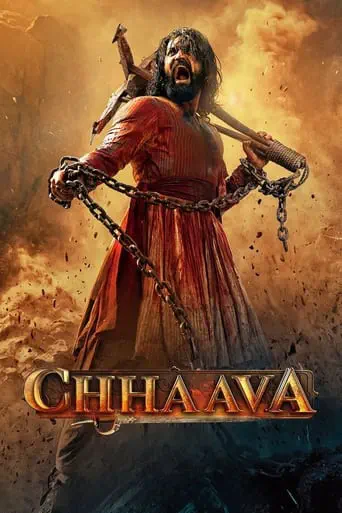
Chhaava
History Action Drama Hindi
Shivaji's death sparks the Maratha-Mughal conflict. His son Sambhaji leads resistance against Aurangzeb's forces. Amid battles and intrigue, both sides face challenges in a struggle for power.
| Cast: | Vicky Kaushal, Rashmika Mandanna, Akshaye Khanna, Ashutosh Rana, Divya Dutta, Pradeep Ram Singh Rawat |
|---|---|
| Director: | Laxman Utekar |
| Writer: | Rishi Virmani, Laxman Utekar, Kaustubh J. Savarkar |
| Editor: | Manish Pradhan |
| Camera: | Saurabh Goswami |

Guild Reviews
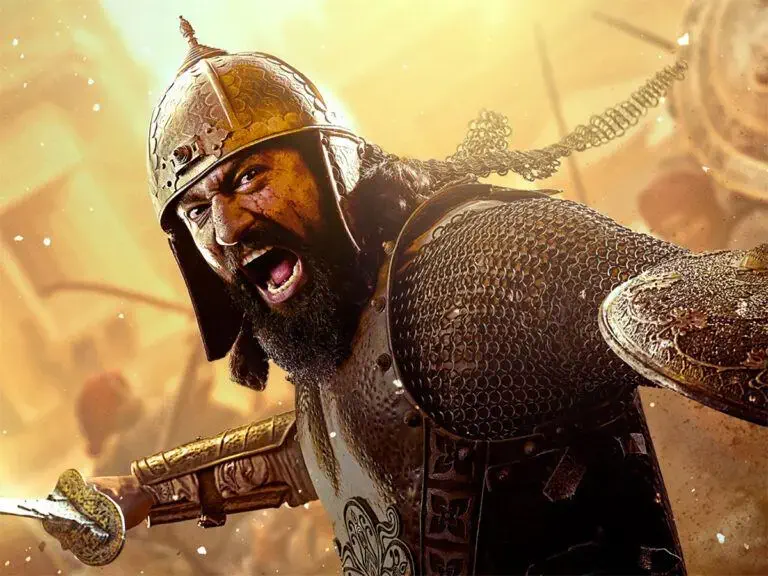
Vicky’s Roar Elevates the Epic

(Written for M9 News)
After Shivaji’s death, his son Sambhaji inherits the Maratha kingdom, facing threats from the Mughals, led by Aurangzeb, and internal conspiracies. While trying to uphold his father’s legacy and defending Swarajya (self-rule) against overwhelming odds, the film captures glimpses of his political mettle, military campaigns, and personal relationships, Performances Vicky Kaushal, in a high-pitched role as Maratha king Sambhaji, unleashes his complete range as a performer – striking a balance between action, romance and loud dialoguebaazi – with grace. It is, without doubt, a career-defining performance for the star. He is perfectly complemented by Rashmika Mandanna, who steps into the shoes of a resilient Maratha queen with poise and elegance. If there’s an emotion that encapsulates Chhaava as a film- it is anger. The men, the Marathas and the Mughals are hungry for power and vengeance alternatively. Chattrapati Shivaji has breathed his last after a prolonged illness and Aurangzeb calls for a celebration to signal the fall of the Maratha empire. The stage is set for his son Sambhaji to take charge of the kingdom at a vulnerable time.
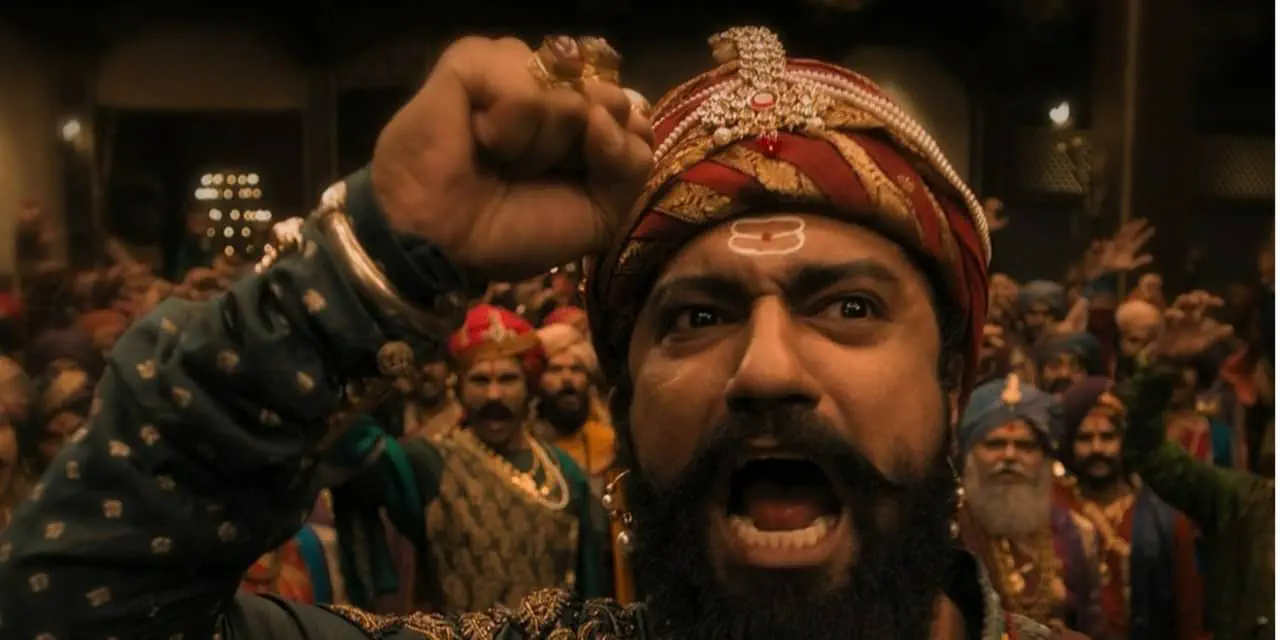
Chhaava is weak and wobbly in parts but is ultimately held together by Vicky Kaushal.

The law of averages — that a brilliant father rarely gives way to an equally illustrious son — was turned on its head as early as the 17th century when Sambhaji took over the reigns of the Maratha empire from his father, Chhatrapati Shivaji Maharaj. Chhatrapati Sambhaji Maharaj’s depiction in history — despite tales of his unwavering valour — are unfortunately sketchy. Even the name by which he was referred to — ‘Chhaava’ aka ’lion’s cub’ — is more of a nod to Shivaji’s larger-than-life courage and persona. To cite an almost as-good-as-it-gets allusion, it refers more to Mufasa than it does to Simba. Hence, the unsung story of Sambhaji, and his relentless fight against the Mughals, led by the tyrannical Aurangzeb, needed to be documented. Chhaava does that, with its source material being the eponymously named historical novel by Shivaji Sawant. Which brings us to the tricky question of how much of Chhaava — the book, and by logical extension, the film — is fact and how much of it is exaggerated fact? We will, perhaps, never know.
Watch Chhaava for the scale and the performances

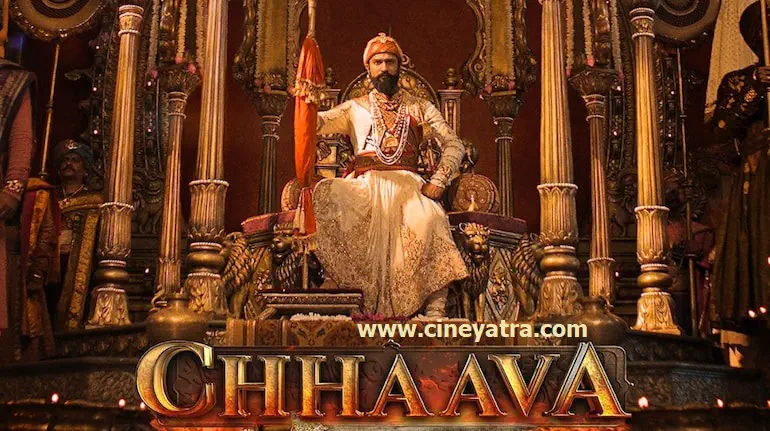
शेर नहीं ‘छावा’ ही निकली यह फिल्म

एक दृश्य देखिए-मुगल बादशाह औरंगज़ेब की कैद में अत्याचार सह रहे छत्रपति संभा जी से औरंगज़ेब कहता है-हमारी तरफ आ जाओ, आराम से ज़िंदगी जियो, अपना धर्म बदल कर इस्लाम अपना लो…! संभा जी जवाब में कहते हैं-हमारी तरफ आ जाओ, आराम से ज़िंदगी जियो और तुम्हें अपना धर्म बदलने की भी ज़रूरत नहीं है…! यह एक दृश्य और फिल्म में बार-बार आने वाले संभा जी के संवाद दरअसल छत्रपति शिवाजी और उनके उत्तराधिकारियों की उस ‘हिन्दवी स्वराज’ की अवधारणा को सामने लाते हैं जिसमें हर किसी को अपने-अपने धर्म को मानते हुए साथ-साथ जीने का अधिकार था। यह फिल्म यह भी दिखाती है कि इस देश में ऐसे कई लोग थे जिन्होंने ‘धर्म’ त्यागने की बजाय अपने प्राण त्यागना ज़्यादा सही समझा। यह फिल्म उन लोगों को भी दिखाती है जिन्होंने सत्ता की भूख के चलते अपनों के ही सिर उतरवाए और ऐसे-ऐसे षड्यंत्र रचे जिनके परिणाम आने वाली नस्लों को भुगतने पड़े।
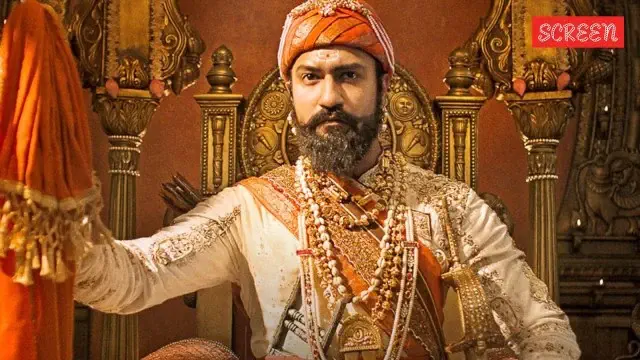
Vicky Kaushal is fully committed in Laxman Utekar’s ultra-loud, ultra-violent, and exhausting film

At the end of 161 minutes of Chhaava, based on the high-points of the life of Sambhaji Maharaj, the son of Shivaji Maharaj, you are left with two chief thoughts. How do you pull off a film which talks up a historical figure not as well known as his illustrious parent, without us wondering: how much is fact, and how much fiction? And the other, which is the reason you manage to sit through this ultra-loud, ultra-violent re-creation of a slice of the 17th century Hindustan is the total commitment on display by its lead actor to the titular character: Vicky Kaushal becomes Chhaava (‘son of a lion’), whose story the film adapts from the Marathi novel of the same name by Shivaji Sawant.

Noteworthy Performance From Vicky Kaushal, But The Film Doesn't Roar

Leaping from the pages of 17th century Maratha history to the fantastical realms of Bollywood mythologizing, Chhatrapati Sambhaji Maharaj, son of the revered Chhatrapati Shivaji Maharaj, receives no-holds-barred epic treatment in Laxman Utekar’s Chhaava. The burden that the film puts upon itself in the bargain takes a heavy toll on the eventual shape of things. Despite a pair of noteworthy performances from lead actor Vicky Kaushal and Akshaye Khanna as the antagonist, the film falls apart at the seams because it has little to hold it together apart from its unabashed obsession with excess. We accept that it is all right for the makers to take the title literally—it means lion cub. It, however, makes no sense to use that as an excuse to roll out an endless parade of growls and scowls in the service of battle scenes that go on and on.
The film's ambition is evident, but it could have benefited from more nuanced storytelling throughout.

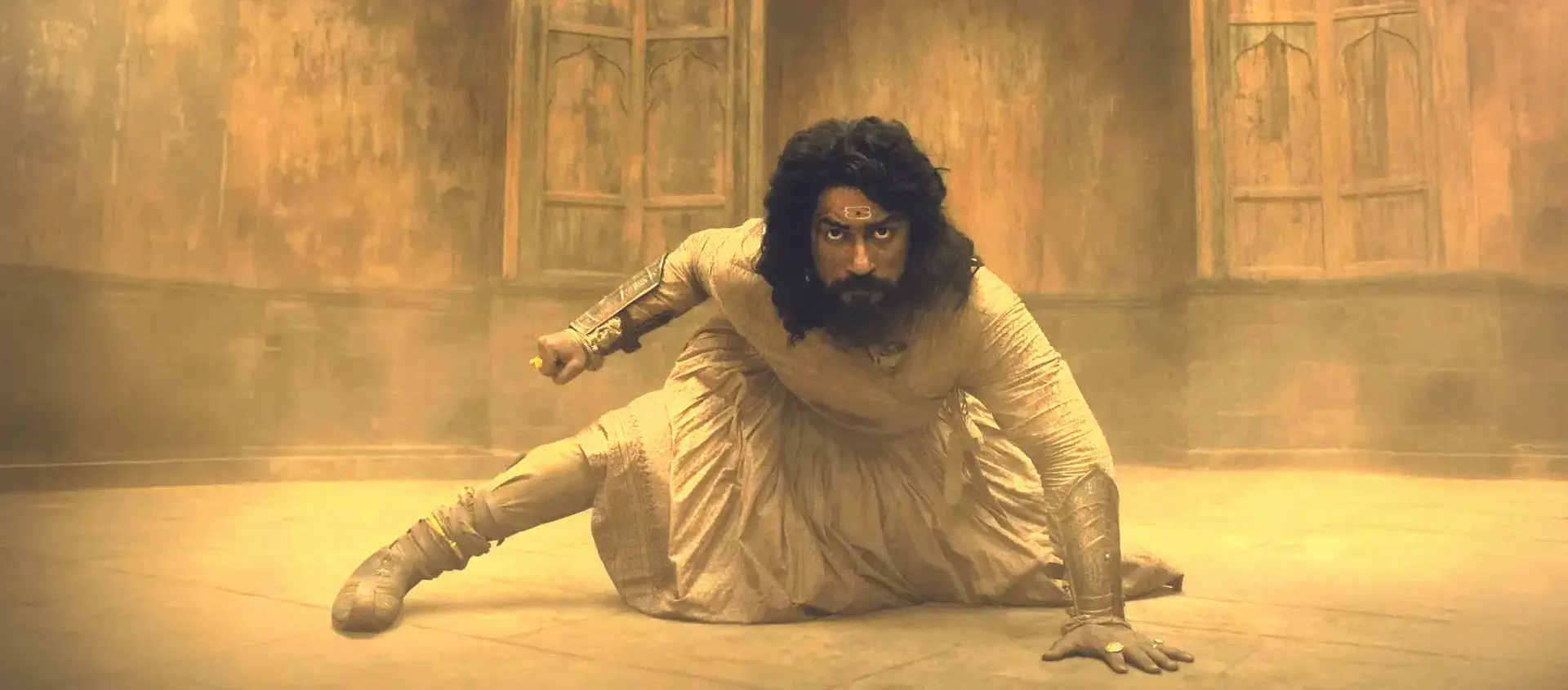
A Roaring Tribute to Bad Film-making

At its worst, the Tour de France turned moral decay into a non-factor. Doping among Lance Armstrong-era cyclists was so normalised that, perversely, the sport became a level-playing field. The logic being: if everybody cheats, is it even cheating anymore? It’s simply about who cheats — or performs — the best. The Bollywood period biopic is in a similar position today. It goes without saying that history and mythology are used as pawns to checkmate old-school notions of secularism. It goes without saying that the game being played is more modern. ‘Hidden’ themes like Islamophobia, bigotry, propaganda, erasure and jingoism are so normal that we barely notice them anymore. It’s the default pitch; that’s why “keeping the politics aside” is a common phrase. The irony is that, unlike the cyclists, such movies are so fundamentally broken that nobody wins. Cultural doping makes it a level-playing field of mediocrity and delusion. It’s like watching them race not to the finish line but straight off the top of a mountain. And not just any mountain, Mount Everest itself. Why stop there?
Latest Reviews


Mardaani 3
Action, Crime, Thriller (Hindi)
Officer Shivani Shivaji Roy returns to hunt down those behind the disappearance of young girls, risking… (more)
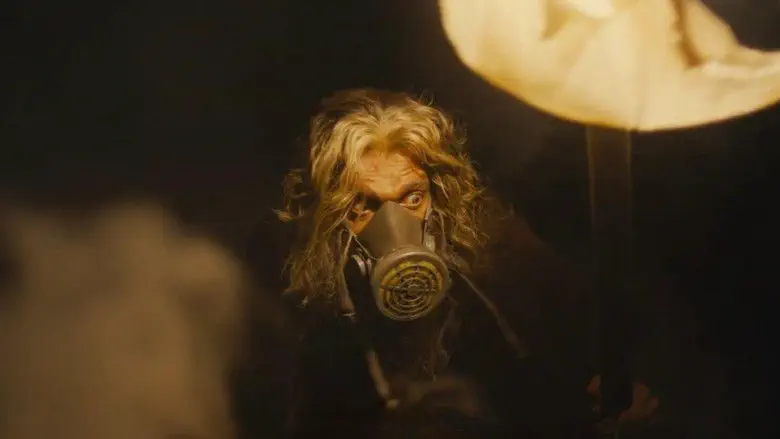

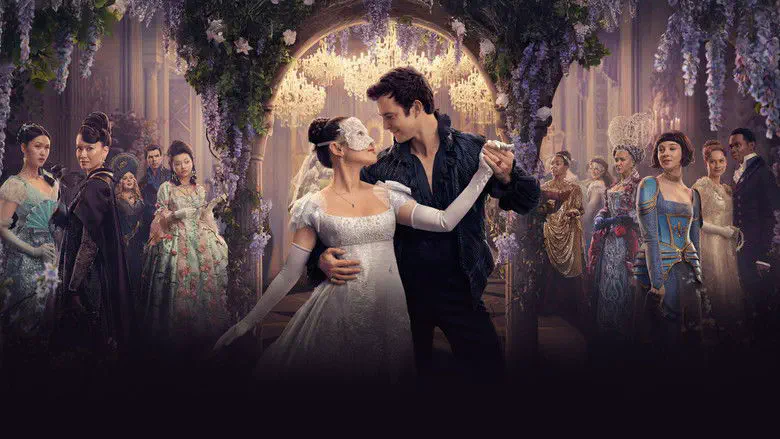
Bridgerton S04 Part 1
Drama (English)
Wealth, lust, and betrayal set in the backdrop of Regency era England, seen through the eyes… (more)

Shrinking S03
Drama, Comedy (English)
Jimmy is struggling to grieve the loss of his wife while being a dad, friend, and… (more)